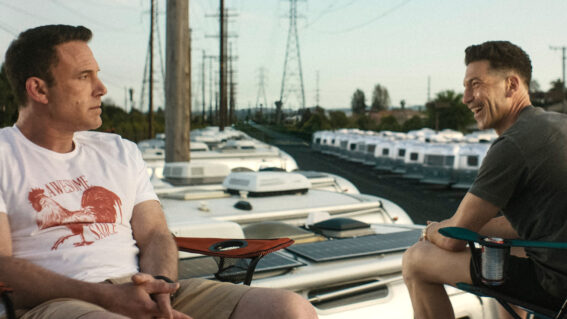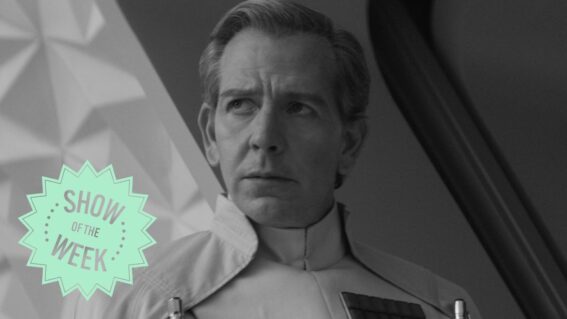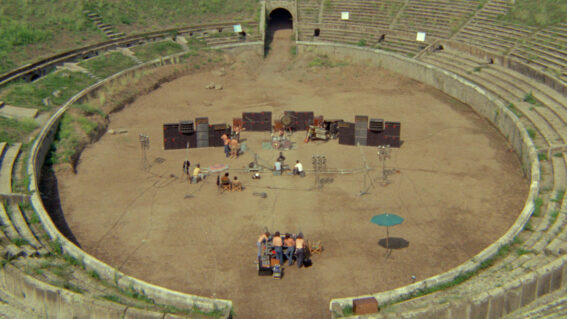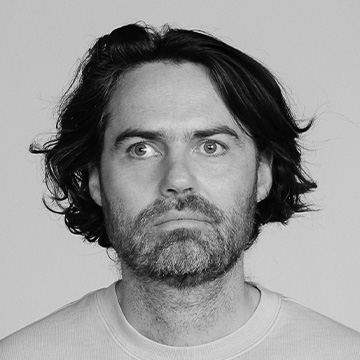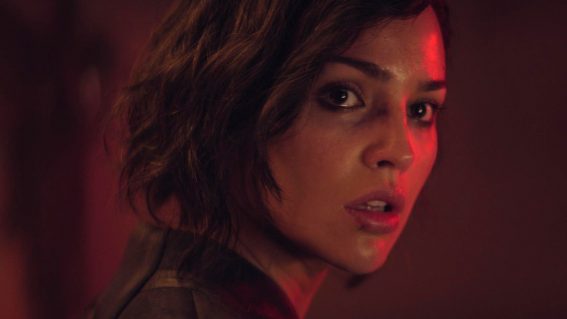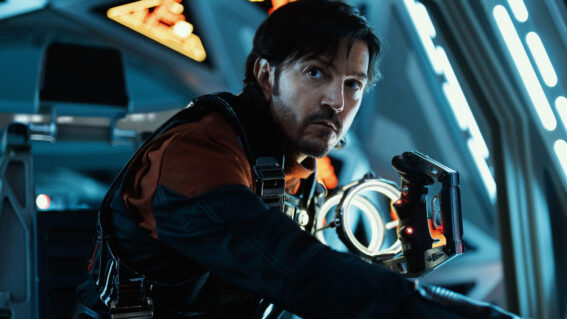Janet Frame finds a perhaps unlikely voice in The Strangest of Angels
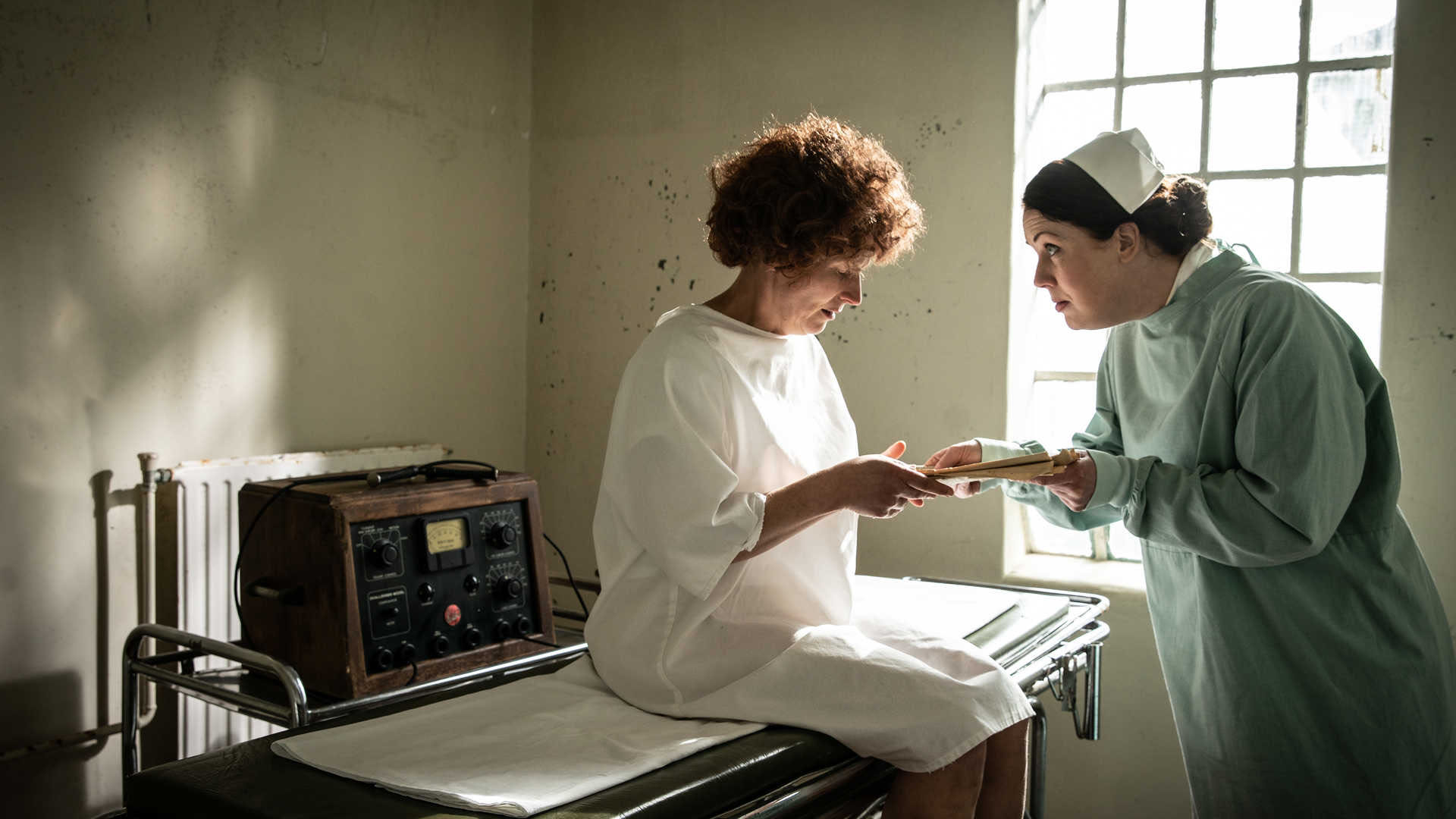
Playing as part of Whānau Mārama: New Zealand International Film Festival 2023, director Rebecca Tansley (The Heart Dances – The Journey of The Piano: The Ballet) helms an intriguing interpretation—an opera about the great Janet Frame, filmed not on a stage, but on location as a drama.
Buy tickets via NZIFFDescribe your movie in exactly eight words.
A musical psychological drama—taut, searing and hopeful.
Music has played a central role in your previous films – but what intrigued you about this hybrid of narrative and performance?
When NZ Opera approached me about making this film the opera had not yet been staged, but based on the libretto I immediately saw the potential to film it on location as a drama. I wanted to heighten the psychological tension at the centre of the story and bring a new dimension to the work that makes it very different from experiencing it live onstage.
What was it like to work with NZ Opera to give the art form more contemporary relevance?
NZ Opera—along with the opera’s creators and performers—placed enormous trust in me to make the film I wanted to make. I believe opera is still relevant, certainly as much as any other art form with a long history, and like other art forms of course it continues to evolve. This film is a great example of that evolution. I think audiences will be surprised by how gripping opera can be and pertinent to issues we face today.
How does it feel to join the esteemed ranks of Janet Frame films?
Humbling. Janet Frame is obviously one of New Zealand’s most important literary figures and her own story is one of tremendous courage. The opera’s originators were inspired by her story to devise this opera, which imagines an encounter between Janet and a fictitious character. I was very excited to bring the work to the screen because as a live performance art opera is ephemeral, but a film can make it lasting, and if it encourages more people to discover Janet Frame’s work that’s even better.
During production, what was the biggest hurdle you had to overcome?
Every film production contends with the same three hurdles: money, time and the weather. The second two challenges can be alleviated by more of the first but in our case that wasn’t really possible so our biggest hurdle was the schedule, which at the outset some members of the crew probably thought we would never manage—but we did it! We shot the film in four days which definitely qualifies as fast turnaround albeit on a low budget! I’m a believer that good things are born of constraint and I think this film is a great example of that.
What was the hardest cut you had to make in the editing room?
The final one. Editing is my favourite part of the filmmaking process!
For you, what was the most memorable part of this whole experience?
Can I please have two? It was quite a unique and ambitious project and it was fantastic to work with a group of people who came together to realise that ambition. I also did the production design for this film and I would never have imagined how satisfying it would be to conjure up a vintage electroconvulsive therapy (ECT) machine.
What was the last great film you saw?
Close. This film by Lukas Dhont (NZIFF 2022) is—I think—perfect.

